Regardless of experience, every horse owner goes through the same learning process. It's like a rite of passage to go from the clueless newbie to the capable and confident horse owner. Mistakes are bound to happen, and for the most part, you learn from those errors and move on. You have to admit, however, life would be a lot easier if those mistakes never happened—at least the biggest and most damaging. When it comes to horses, big mistakes can have big consequences. From shopping for your very first horse to learning how to properly care for him, there's a lot to learn.
Before you embark on your journey as a horse owner, make sure you don't commit these 7 common mistakes...
1. Buying the Wrong Horse Breed
Whether it's the strength and power of a Clydesdale or the beautiful markings of the American Paint Horse, you're bound to find a breed that makes your heart beat a bit faster. Falling in love with a horse's looks, however, can get you into trouble. If you're buying your first horse, the spirited young mustang or fiery Friesian won't be the best horse for you as a first time horse owner.
Learning how to ride and control a horse is not like training a dog or even spending time with a friend's already-trained steed. If you're a first time horse owner, you'll be better off with an older and calmer horse that has already been trained. You might be disappointed not to get the horse of your dreams right away, but it's important to choose a horse you can handle. As you gain experience and confidence, you can eventually move on to the more challenging horse breeds.
2. Buying a Horse on a Whim
We've all been there—you see the most stunning, perfect horse for sale, and you feel like you need to buy it as soon as possible. You instantly fall in love with its big eyes and sleek lines, and those good looks distract you from everything else. Basically, you forget horses are more than their beauty.
You need to consider personality, breed, age, health, training, and so much more before buying your first horse. Letting your emotions drive your decision is never a good idea. It's important to take a step away from that velvety muzzle and think things through.You should ask the seller if you can do a trial period to give you time to make the right decision. Not every seller will agree, but it's always worth asking.
3. Underestimating Costs
Horses can range anywhere between a few hundred dollars to several thousand, but that initial cost is the least of your worries. The real money is spent after the sale is finalized and you take your new horse home.
Maintaining a horse's health and happiness is not cheap. You'll have to pay for feed, tack, grooming equipment, farrier visits, veterinary expenses, riding clothes for yourself, and a lot more. Too many people have drained their bank accounts struggling to keep up. Make sure you save your money and calculate running costs before you buy your first horse.
Here is a good resource on the annual cost of owning a horse if you are unsure you have what it takes to own a horse when it comes to the cost.
4. Underestimating the Time Commitment
There's a reason why your experienced horse owner friends don't seem to have much of a social life. Caring for horses can be a full-time job, and that doesn't even include all the fun times you'll want to have riding and training. It's waking up before the sun to get all your morning chores finished and then spending hours in the barn grooming your horse, cleaning the stall, inspecting your tack, maintaining the fence, and whatever else needs to be done.
Horses deserve your time and attention, and you can't leave them in the barn when life gets busy and you run out of time. You'll need to find extra hours every week to spend on your horse, and that can be hard for people with full-time jobs, family responsibilities, and social lives.
5. Overlooking Safety
Whenever you're around horses, safety should always be a priority. You're interacting with a thousand-pound animal that could accidentally step on you or purposefully kick you. You need to brush up on your barn safety knowledge and invest in a few necessary safety items. You'll need an ASTM/SEI riding helmet, durable boots with a heel, plenty of long pants, long-sleeved shirts, a saddle that fits, and reliable tack that won't break or cause your horse pain.
Besides your own safety, you also have the safety of your horse to consider. Their stall, barn, and pasture needs to be a safe environment. It's something you should reevaluate on a regular basis to account for changes and eventual repairs. You'll also do yourself a favor by brushing up on topics like equine body language and basic first-aid. Understanding behavior will help you notice when something is wrong, and knowing how to treat small injuries is always a useful skill.
6. Not Understanding Proper Horse Nutrition
Not only do you need to worry about how much it costs to feed a 1,000-pound animal, you also need to make sure your horse is getting all the nutrients and supplements she needs. If you have a large pasture, your job will be easier. Grazing is a great way for horse's to fill their bellies and get necessary nutrients, but it's not the only part of a healthy equine diet.
There is no such thing as a one-size-fits-all diet. What you feed your horse will depend on her age, health, activity level, and environment. Most horses require daily supplements in addition to their usual hay and grazing. A good quality formula feed will help, but you need to talk to your vet first. Feeding should never be a guessing game. The wrong diet will have long-term consequences, and it's up to you to take the initiative to better understand equine nutrition.
7. Never Asking for Help
Raising a horse doesn't need to be a solo job. If you're having trouble, put your pride aside and ask for help. Whether it's a behavioral issue, health question, or simply a scheduling dilemma, it's always best to tackle it early and ask for help. No one expects you to do it all on your first try.
By not asking for help, all you do is dig yourself a deeper hole. Eventually, you won't be able to climb out. Horse people take care of their own, and if you reach out, you'll find someone with the advice and experience you need. All you have to do is ask.
Horse Courses by Elaine Heney
- Listening to the Horse - The Documentary by Elaine Heney & Grey Pony Films
- Shoulder In & Out Training for better balance, bend & topline development with your horse
- Over 110+ Polework Exercises & Challenges to Download
- Dancing at Liberty & Creating Connection with Your Horse (11 lessons) - Grey Pony Films
Mistakes will happen, but don't forget that buying your first horse is supposed to be exciting! As long as you're committed to becoming an experienced horse owner (and you aren't afraid to learn new things and ask for help!), everything else should fall into place. Enjoy this time in your life and look forward to the many memories you'll make with your first horse.


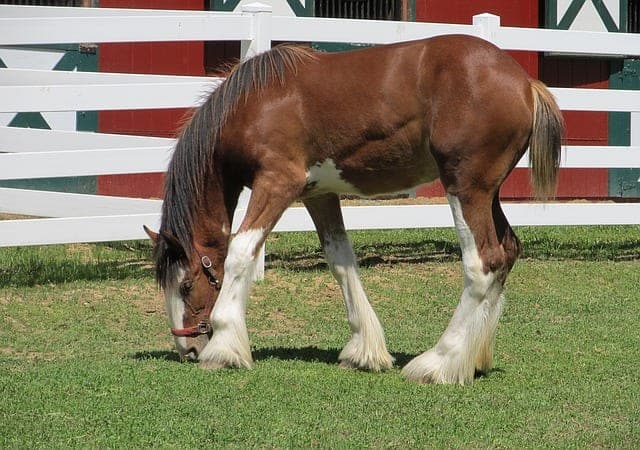
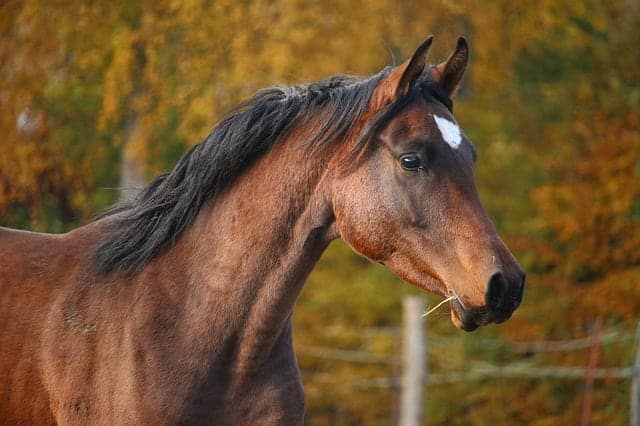
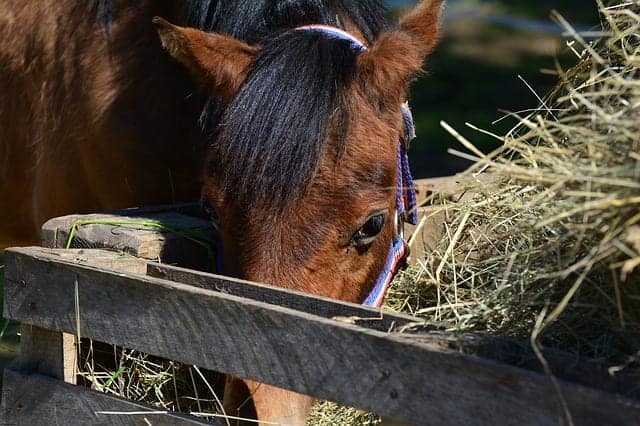
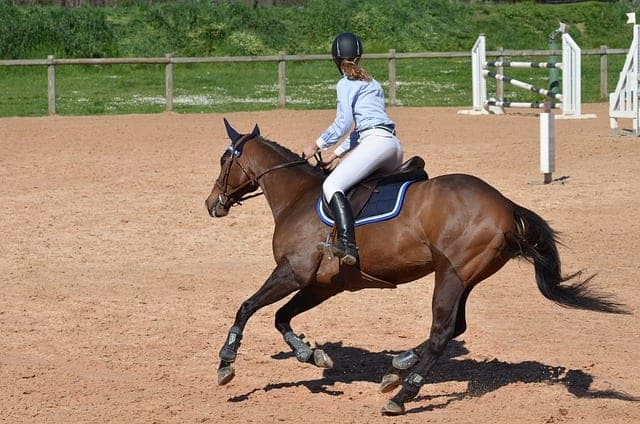
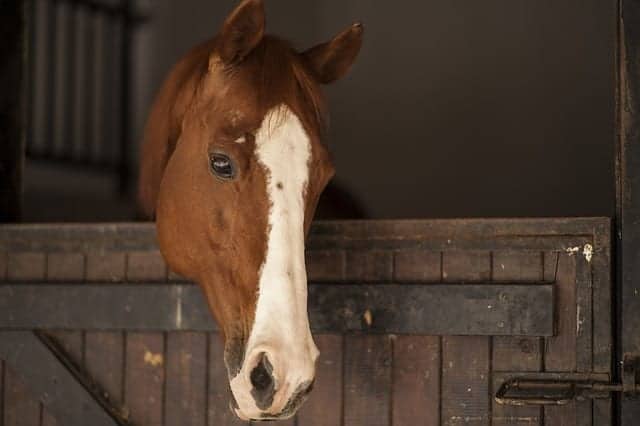


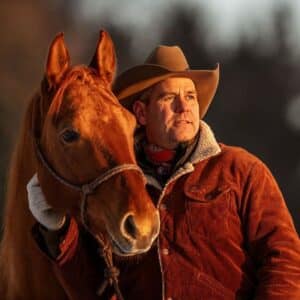
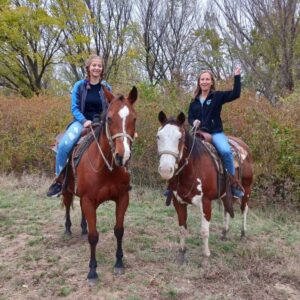
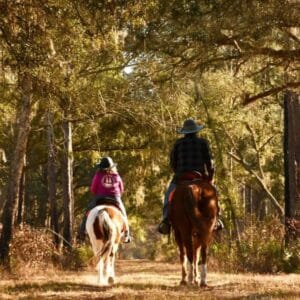
Leave a Reply